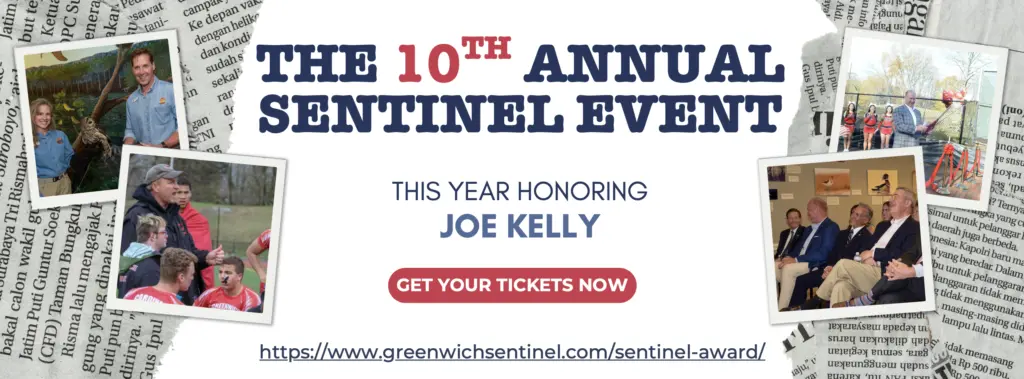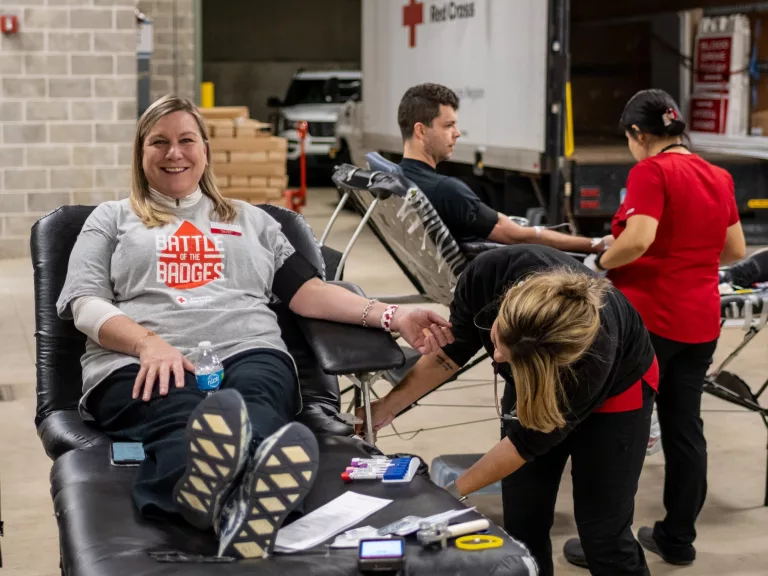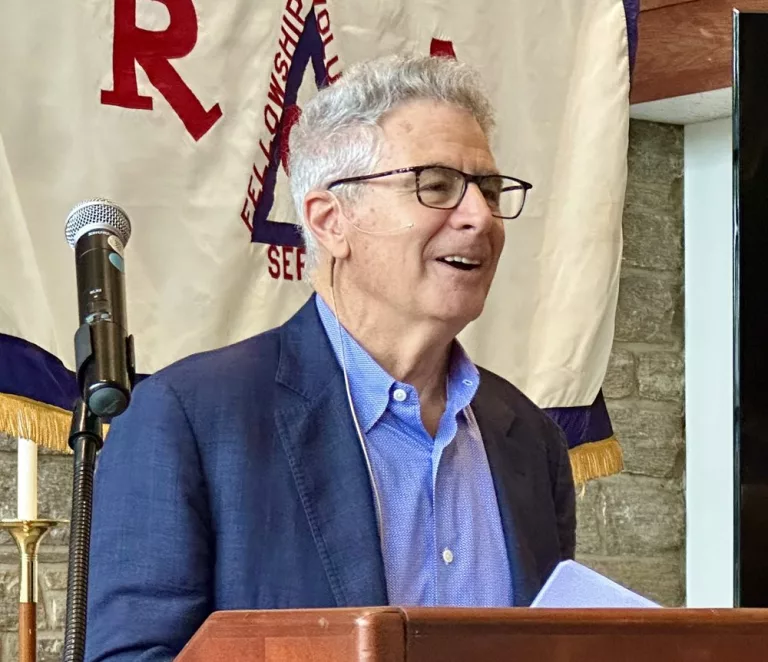This past week brought with it the announcement that Board of Estimate and Taxation (BET) Chair Jill Oberlander has formed a “Special Projects Team” to investigate the 2017 BET elections. It has been widely reported that the campaigns of the democrats running that year were fraught with campaign finance illegalities. As a result, all six democratic BET members have been fined by the state for their actions.
A final step in the adjudication with the State Election Enforcement Commission (SEEC) was a carefully negotiated consent agreement signed by five members of the BET. Tony Turner, whose campaign activity caused the initial complaint, signed a separate agreement. The final document was signed by David Weisbroad, Jeff Ramer, Beth Krumeich, Leslie Moriarty, and Jill Oberlander. The outcome raised more questions than it answered.
Shortly after the agreements and fines were announced, democrats inside and outside the BET began accusing each other of violations that had not been addressed by the SEEC. At last month’s regular BET meeting, Mike Mason put forward a motion to create a bi-partisan committee of BET members to investigate what transpired in 2017, establish the facts, report back at the October meeting, and move on. The motion passed 7 to 5 in favor and then it was up to Ms. Oberlander, as Chair of the BET, to put together the committee that her board charged her with creating. We applauded this motion and were encouraged by its swift passage.
Five of the democratic members of the BET felt otherwise, cried foul, and said it was party politics at work. It is difficult to call this party politics when it seems to be a struggle inside the democratic caucus. If, as they claim, they did nothing wrong and were truly not informed of the 2017 illegalities, why would they not want to clear their names and restore transparency and faith in the operations of the BET as quickly as possible?
In fact, if they have nothing to hide and their violations were unintended, why did the five democratic BET members ask the SEEC for continuations of the proceedings? It is our understanding that they actually could have settled with the SEEC soon after the complaint was originally filed as far back as mid 2018. That would have left plenty of time to clear their names and restore faith in the BET.
Once the motions passed at last month’s BET meeting, Ms. Oberlander, currently running for First Selectman against Fred Camillo, again had the opportunity to move the process to a swift conclusion and clear her name and the names of the others. Has she done that? No. She has chosen to drag the process out further.
Ms. Oberlander was tasked with establishing a committee and formed a “Special Projects Team.” The BET’s own reference book which is their operating and procedures manual (a public document) and approved by the board every year clearly states that team members must be BET members. Ms. Oberlander has appointed four non-BET members. Granted, two of the members are well-respected former members of the BET.
The BET reference book also states: “Before any appointments are made the Chair shall consult with the Minority Caucus Leader…” Mike Mason is the minority leader. Perhaps it is because Mr. Mason made the motion calling for establishing the Special Project Team that she chose not to consult him.
It was not her choice to make. The campaign finance regulations are not optional, the BET guidelines are not optional either.
The original motion that was passed 7 to 5 called for the bi-partisan BET committee to conclude its work and report back to the full committee at their October 24th meeting. It is not ideal timing but would certainly give Ms. Oberlander the opportunity to have her name cleared before election day. Unfortunately, now Ms. Oberlander has formed a committee that is not legitimate by the BET’s own policies and procedures and we anticipate the meeting next week will again be filled with rancor and political mudslinging, and for the process to be pushed out even further, past the election.
Ms. Oberlander’s actions are beginning to constitute a pattern of behavior that is most troubling. We hope she will see the light and put this process back on track for a speedy and transparent resolution, by the book.





